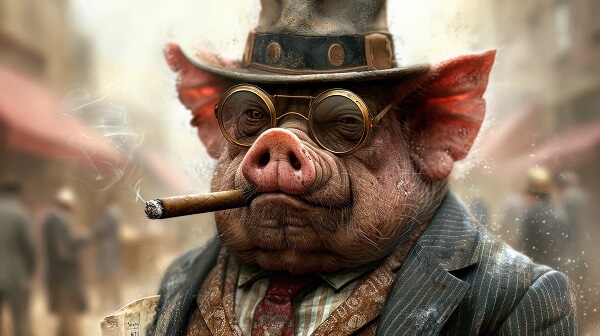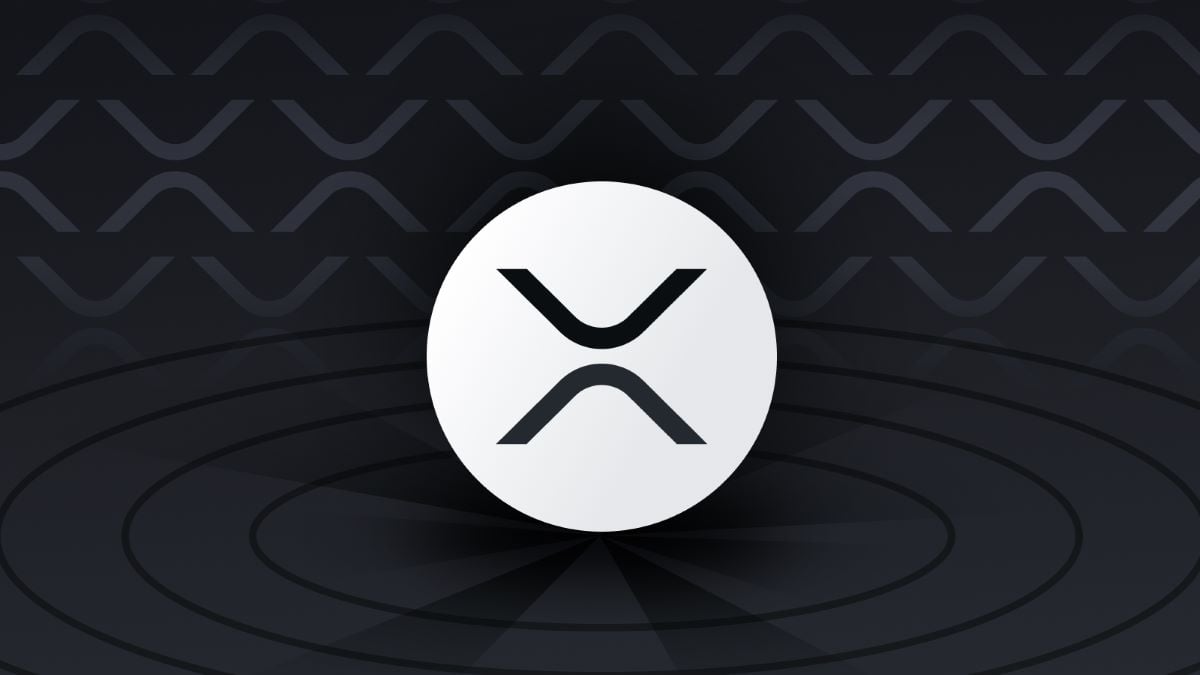South Africa’s tumultuous general election has been more damaging for the African National Congress than almost anyone could have imagined, putting the country’s politics on a knife edge and leaving the ruling party with some unpalatable options.
“This is the breaking of the ANC’s outright majority which indicates a new political dispensation,” said Susan Booysen, a political analyst and emeritus professor at Wits university. “It’s a huge reconfiguration of politics.”
With nearly two-thirds of the vote counted, ANC support has dropped below 42 per cent, a shocking result for a party that has ruled unchallenged for 30 years. The Democratic Alliance, a centrist opposition party with a mainly white leadership, scored 23 per cent.
The most eye-catching performance — and one that helps explain the precipitous fall of the one-time liberation party from the 57.5 per cent it achieved in 2019 — was that of the breakaway Umkhonto we Sizwe, or MK, party led by renegade former president Jacob Zuma.
MK, which is personality driven and with a populist agenda, was on 12 per cent, a remarkable result for a party formed just six months ago. That pushed the radical Economic Freedom Fighters, led by the expelled former ANC youth leader Julius Malema, into fourth place on 9.5 per cent.
While votes were still being counted on Friday, the electorate’s verdict has presented the ANC with tricky options now that the chance to form a pact with some of the smaller parties looks mathematically difficult.
One is to hold its nose and form an alliance with the DA, a market-oriented party with faint echoes of white rule that some ANC stalwarts find distasteful. The other is to invite Zuma’s MK and perhaps Malema’s EFF back into the fold, a decision that could place the ANC — and South Africa — on to a rollercoaster ride of nationalisation and market turmoil.
Besides, the price of that ticket, say political analysts, would be the head of President Cyril Ramaphosa, the ANC’s leader. “MK would demand his resignation,” said Lawson Naidoo, executive secretary of the Council for the Advancement of the South African Constitution.
Booysen at Wits university said that the preference of the ANC leadership was for an alliance with the DA. But because of the internal distaste for the party, it would have to disguise this as a “government of national unity” by bringing in other parties. “It would need to be a broader invitation,” she said, adding that the Inkatha Freedom Party, Rise Mzansi, Al Jama-ah and others could be brought in to dilute the DA.
Peter Attard Montalto, managing director of consultancy Krutham, said an ANC coalition with the DA and IFP was the likely scenario, with a combined 65 per cent of the vote.
“The market misunderstood this from the beginning, thinking that a lower vote for the ANC was a bad thing,” Montalto said. “Actually, this has increased the chances of a coalition with the DA.”
John Steenhuisen, DA leader, said his preference was still an alliance with the other parties with which it signed the so-called Moonshot Pact, which includes the IFP, as well as ActionSA and Freedom Front Plus. But together they fall well short of a majority.
“If it’s not possible for us to form something, either in the provinces or at a national level, we’ll then have to look a bit further to see if there are other parties we can bring in,” Steenhuisen said.
Privately, however, DA party executives have acknowledged that they are open to working with the ANC if that prevents what they regard as a disastrous lurch to the radical left in the form of an alliance with MK or the EFF.
Naidoo said the frantic political horse-trading would begin this weekend. At stake in talks that will take place at national and provincial level would be key positions such as the finance minister and speaker of the National Assembly, he said.
If Ramaphosa did not move “quickly enough”, Naidoo said there would be calls for his head. Without Ramaphosa at the helm, a pact with MK or the EFF was more likely, he said.
Some ANC heavyweights, including energy minister Gwede Mantashe, said Ramaphosa’s position was not in danger and that the party was considering its “options”. Mantashe persuaded Ramaphosa to remain as president in 2022 when he nearly resigned after large amounts of unexplained cash were found hidden in the couch of his Phala Phala game farm.
The backroom dealing is made more complex by the sheer number of permutations after some 50 parties competed in the most multi of multi-party elections in South Africa’s history.
The fragmentation of politics is partly due to the proportional representation system and partly due to splits within the ruling ANC, which has spawned both the EFF and MK, said analysts.
Mmusi Maimane, a former DA leader who now leads his own Build One South Africa party, which was on 0.4 per cent, said there were different ways to bring down a liberation party.
In a two-party system, he said, “you build another elephant to take on elephant”. In South Africa’s shattered political landscape, he added, “you deploy hyenas”.
Credit: Source link














